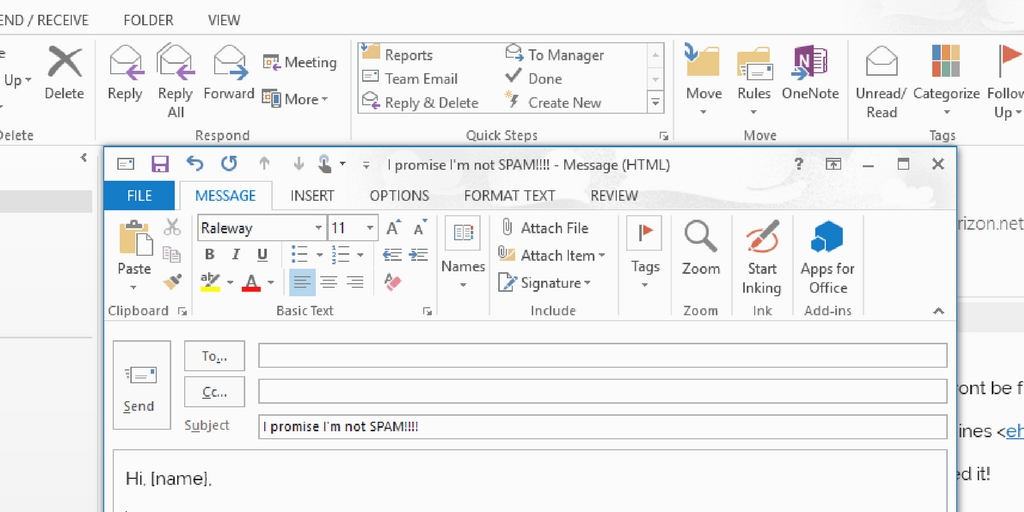Don’t risk ruining your open rates by committing these 5 email subject line crimes.
Email marketers, beware: If you’re tasked with writing compelling emails to capture online customers, the subject line — the headline of your message — is the first and main spot to grab the viewer’s attention. But, while a cleverly written subject can boost open rates and click-throughs, a poorly written one can have the opposite effect.
With this in mind, Grammarly and Movable Ink polled 1,100 readers to find out what inspired them to click open, and what they considered their biggest pet peeves when it comes to email subject lines. The results of the latter might surprise you.
Your email subject line can make or break your open rate, so don’t commit these subject line crimes.
5 common email subject line crimes
1) Spelling and grammatical errors
Proofread, proofread and proofread even more. The top reason 35% of people don’t open email is because of errors in the subject line.
Viewers who see an error in the headline assume that the rest of the email has misinformation, and they immediately disengage with its content. So whether you read the email subject line out loud (and even the rest of the email), ask someone else to read it before you hit send. Or use an online spelling/grammar program to check it for you. Just make sure you don’t have errors in the subject line.
2) Using all capital letters
It’s commonly cyber-accepted that anything typed in all capitals translates into being yelled at, and no one likes that. In fact, 24% of survey respondents said this was their biggest pet peeve when it comes to an email subject line.
Don’t mistakenly assume that hitting caps-lock for your email subject line will demand your reader’s attention — it actually does the opposite, and sends your email straight to the trash folder.
3) Excessive use of punctuation
When the email subject line is filled with exclamation points marks or other unnecessary punctuation, such as ellipses or too many commas, 17% of readers are most annoyed and deterred from looking at the message. You don’t want to be perceived as a spammer, by either the receiver’s filtering program or by the reader, so keep the extraneous punctuation to minimum.
4) Misused or broken personalization
Too often emails go out without proper formatting, or with generic placeholder fields left blank. For example, a reader who opens his or her inbox to a message with the subject line, “Hi, [name],” is sure to ditch the message — and lose any respect for the company who sent it. Make sure your email client and any dynamic content within is firing up correctly by sending a test message to yourself and a colleague.
5) Language that is too promotional
Some email subject lines use language that is over-the-top promotional, and readers don’t like it. Temper your language and don’t write subject lines that are too colloquial or filled with jargon.
What about using emojis in subject lines?
Increasingly, marketers are using emojis in subject lines. If used correctly, they may boost your open rate.
Some 56% of brands using emojis in their email subject lines report a higher unique open rate, according to data from Experian. Use of emojis can shorten your subject line, allowing an easy read on a mobile device. But, beware: Not all emojis are readable to every user, so choose wisely and always send a test first.
What bothers you most when it comes to an email subject line? Are there certain subject crimes that will prevent you from opening a marketing email?
Related posts:
